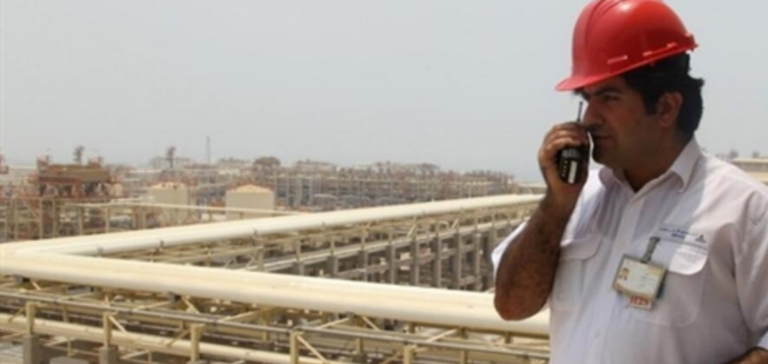The recent US decision to extend a special exemption from economic sanctions for Iraq raises complex strategic and geopolitical issues. This exemption, renewed for 120 days, allows Iraq to import electricity from Iran, despite US sanctions against Tehran. This measure comes against a backdrop of heightened regional tensions, notably due to the conflicting relations between Israel and Hamas.
Financial Mechanisms and Iraq’s Energy Dependence
The financial mechanism of this transaction is unique. Iraq uses its own funds to pay Iran, with the funds placed in restricted Iranian accounts based in Iraq. These funds, according to the United States, can only be used for humanitarian purposes, in line with the sanctions imposed on Iran.
Economic implications and sanctions
The complexity of this situation is compounded by Iraq’s dependence on Iranian gas for its electricity supply. One third of Iraq’s energy needs are covered by gas imported from Iran. This dependence puts Baghdad in an awkward position, as it cannot pay Tehran directly due to US sanctions.
Political controversies and reactions
Iraq’s debt to Iran for previous gas imports is considerable, amounting to around $10 billion. This debt underlines the economic and energy interconnection between the two nations, despite the sanctions. The agreement also provides for a partial transfer of funds to Oman, indicating an attempt to diversify financial channels.
Iraq’s strategies in the face of Sanctions
The decision to renew this exemption is not without controversy. This is the 21st time the US has granted such an exemption since 2018. This practice has been regularly criticized by the Republican opposition, which sees it as a concession to Iran, allowing Tehran access to fresh funds. Criticism is exacerbated by accusations that Iran supports Hamas in its conflict with Israel and is involved in attacks on US troops in Iraq and Syria.
The United States responded to these attacks by carrying out strikes in Syria against sites linked to Iran. However, US officials claim that the renewal of the exemption is primarily aimed at supporting Iraq in its energy transition and reducing Iran’s influence over Iraq. They stress that this measure does not represent any change in policy towards Iran, and that sanctions against Tehran remain in force.
The US decision to renew Iraq’s exemption from sanctions reflects the complexities of international relations and the challenges of energy policy against a backdrop of regional tensions. While this exemption is seen as helping Iraq, it raises questions about the balance between sanctions against Iran and support for Iraq’s energy needs, as well as the potential impact of this decision on international relations and regional stability.





















